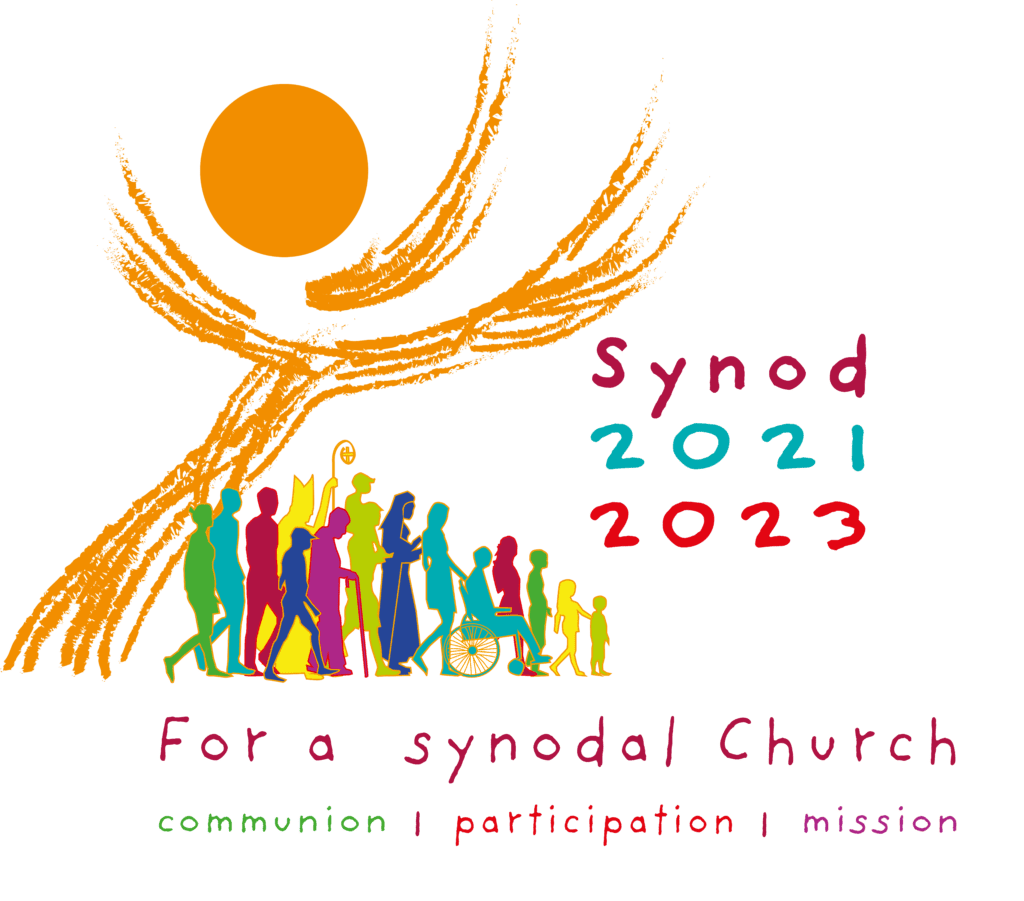Since the earliest moments in the Church’s history, the “assembly” (σύνοδος, synodos) of her bishops as shepherds of the faithful, and in union with them, has been a mechanism for discernment both of God’s will for the Church and of the meaning of the Deposit of the Faith (the saving truth revealed to the apostles by the Lord, and committed to their care). The earliest “Synod” can be found in the so-called “Council of Jerusalem” (cf. Acts 15:2-35) at which, under the guidance of the Holy Spirit, the Apostolic College, with St. Peter and under his headship, discussed the integration of Jewish and Gentile believers in the one Christian community.
This earliest assembly of the Church’s hierarchy provided a Scriptural basis for later developments in Synods, both local and universal. Since Scripture itself attests to the ability of the Church to gather in Synod with and under St. Peter’s primacy, so the Catholic Church in both East and West has continued this anointed means by which we may call on the Lord for guidance: “For where two or three are gathered together in my name, there am I in the midst of them” (Matt 18:20, NAB). The most recent successors of St. Peter—Pope St. Paul VI, Pope St. John Paul II, Pope Benedict XVI, and Pope Francis—have each held “Synods of Bishops” at which the bishops as successors of the Apostles, in union with the pope, have discussed issues of great importance for the life of the Church. Following upon these discussions, the popes have then promulgated their “Post-Synodal Apostolic Exhortations”.
These teaching documents are the authoritative decrees that conclude the work of each Synod, and in the recent past these exhortations have been notable both for their profundity and for the effect they have had on a wide range of issues such as, proclaiming the Gospel (Paul VI, Evangelii nuntiandi); family and married life (John Paul II, Familiaris consortio; Francis, Amoris laetitia); the lay vocation and mission in the Church (John Paul II, Christifideles laici); the formation of priests (John Paul II, Pastores dabo vobis); the importance of the Bible, God’s word, in the Church (Benedict XVI, Verbum Domini); the Church in Africa (Benedict XVI, Africae munus); young people (Francis, Christus vivit); and most recently, the Church in Amazonia (Francis, Querida Amazonia), to name just a few. And now once again, the Holy Father has called for a “Synod of Bishops” on the question of “Synodality” itself.


